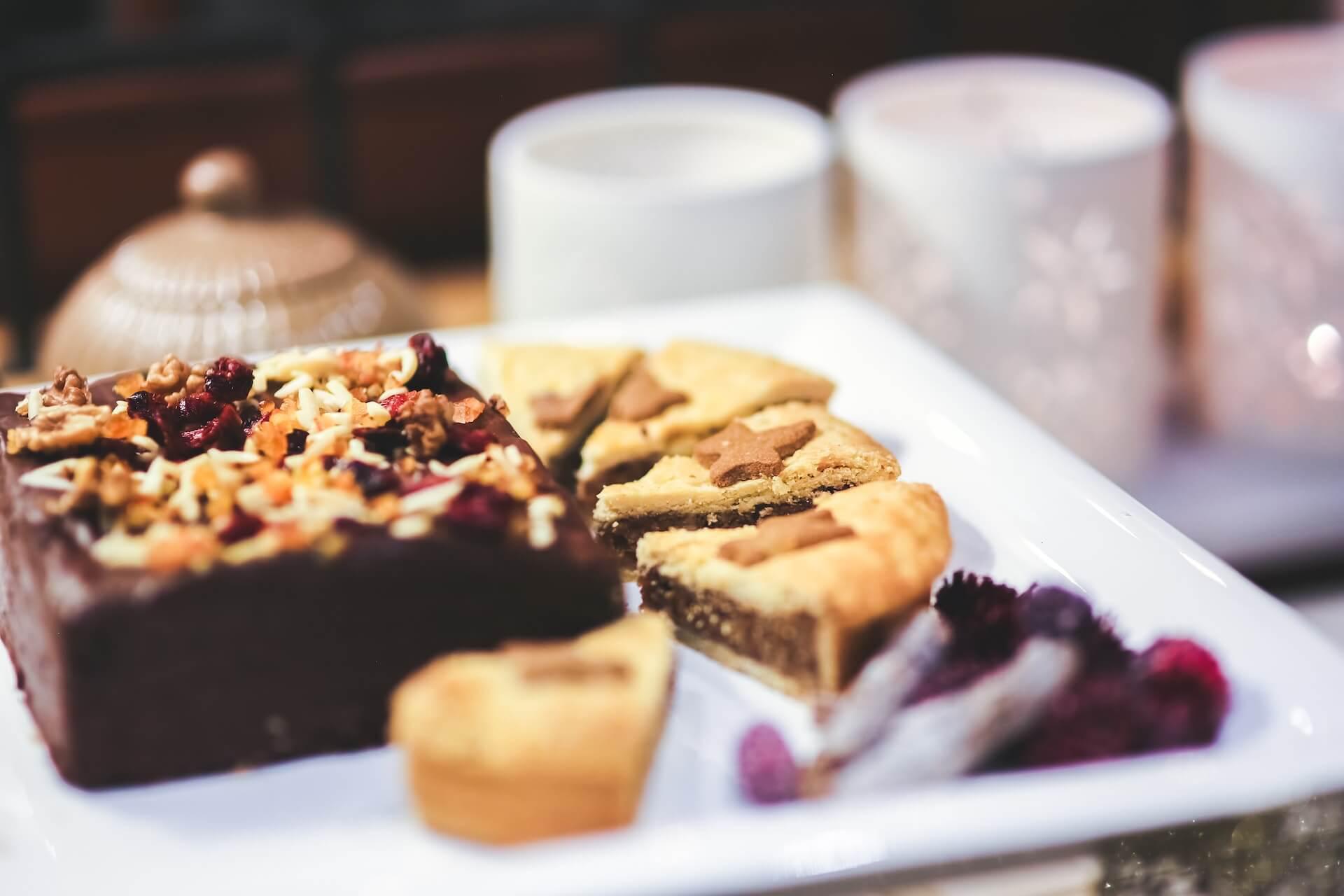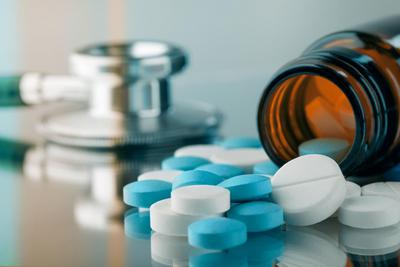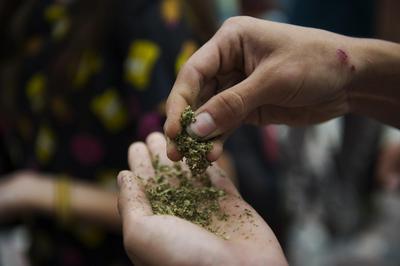Is it Ecstasy or Halloween Candy?
The Jackson, MS Police Department recently made a post for parents on their Facebook page warning them about ecstasy being given to their children on Halloween instead of candy.

It's that time of year again. Time for pumpkins to be carved and for kids to dress up as witches, goblins and ghouls in the hopes of coming home with a bag bursting at the seems with Halloween candy. However, authorities in Jackson, Mississippi are on concerned that some of the candy handed out to kids may in fact be something far more dangerous than a sugar rush or a cavity, as they warn parents to be on the lookout for Ecstasy tablets that strongly resemble candy.
On Wednesday, the Jackson Police Department took to their Facebook page alerting parents of the possible candy confusion with a photo of Ecstasy tablets and a caption that read, "If your kid gets these for Halloween candy, they ARE NOT CANDY!!! They are the new shapes of "Ecstasy" and can kill kids through overdoses!!! So, check your kid's candy and 'When in doubt, Throw it out!!!' Be safe and always keep the shiny side up!!!"
The warning issued didn't take long to gain momentum as various police departments and media outlets across the country issued their own warnings. This should come as no surprise, though, as law enforcement and the media have warned parents for years about threats to the lives of their children as a result of nefarious Halloween candy incidents, such as razor blades in apples, lye filled bubblegum and candy sprinkled with cocaine and heroin. It's important to note that the vast majority of reports of candy tampering relating to drugs were eventually proven to be false after a 5 panel drug test was conducted to determine if drugs were truly involved.
Does Ecstasy Really Look Like Candy?
All this talk about drugs being handed out to trick-or-treaters really begs the question of: does ecstasy really look like candy? Sure, it's certainly plausible that a child could look at a this drug as candy if it is presented in the popular tablets that are colorful, shaped like stars, hearts and skulls with pop culture logos stamped upon it.
However, ecstasy is not exactly considered cheap and drug dealers aren't typically in the business of giving their supply away for free. There may not be a definitive proof that ecstasy is not being handed out to children on Halloween, but there's reason enough to doubt the accuracy of the Jackson PD's claims.
As we mentioned, this isn't the first time there's been a scare centered around Halloween treats and it's safe to say that it likely won't be the last. This leaves parents and caregivers left to decide for themselves how serious they feel this warning should be taken.
Drug Use in Jackson, Mississippi
Noticeably missing from the the Jackson PD's Facebook page was any mention of the city's drug problem, which the Center for Mississippi Health Policy reports is on the rise with Jackson being one of the six southernmost counties seeing drug related death rates that that are triple the state average.
Terry Davis heads the DEA agent in Gulfport and has noted the drastic increase in drug use and deaths in the area. He recently said of the rising issue, "If people suddenly started dropping dead on streets around the city, people would take notice. It's happening. But not in public view. Most overdose death aren't made public because of privacy reasons."
Coroners in Jackson have also confirmed this alarming statistic, placing the blame largely on prescription drugs, meth and cocaine. Drug take back programs have been initiated in an attempt to curb the availability of prescription opioids, but that does little to combat the use of harder street drugs.
Diana Mikula, Executive Director of the Mississippi Department of Mental Health, feels that offering support, promoting acceptance and making recovery resources like drug testing in Jackson, MS and treatment cost assistance available to addicts is needed if Jackson truly wants to halt the drug epidemic.
She says, "Though seldom talked about as openly as many other physical health issues, mental illnesses are common and, more importantly, they are treatable. Often, individuals who experience a mental and/or substance use disorder feel isolated and alone. Yet, every year thousands of Mississippians experience these conditions. It's imperative that we offer support to people facing mental and/or substance use disorders. In fact, we need to create environments and relationships that promote acceptance. Support from peers is essential to recovery, so it's important that people in the community get involved by starting conversations about prevention, treatment and recovery."




